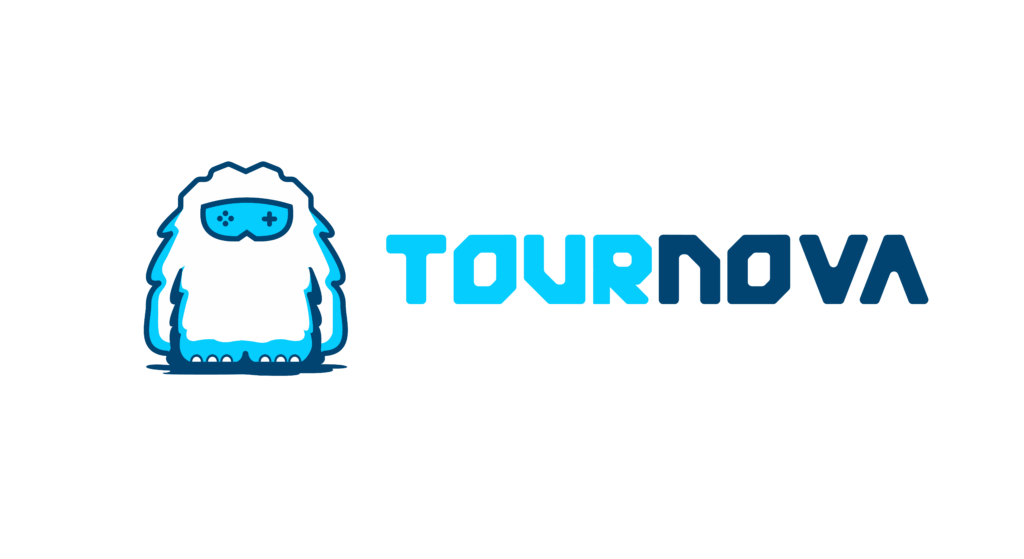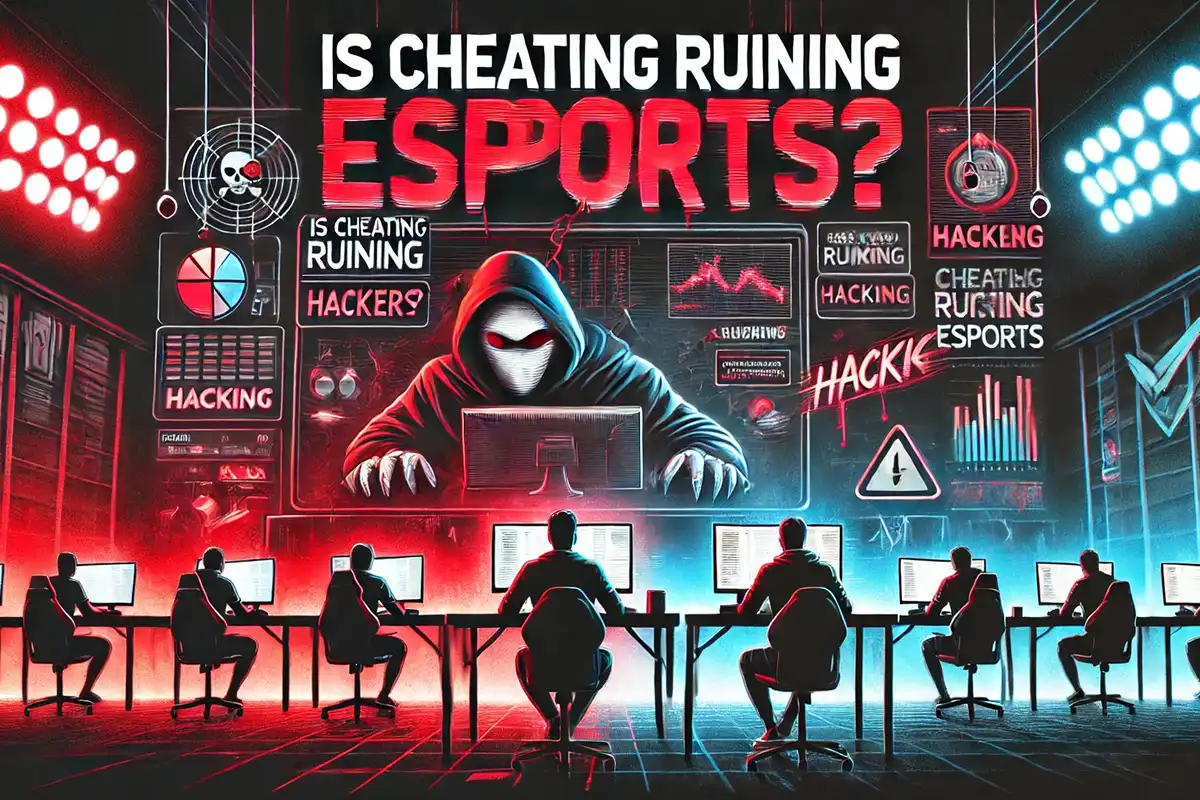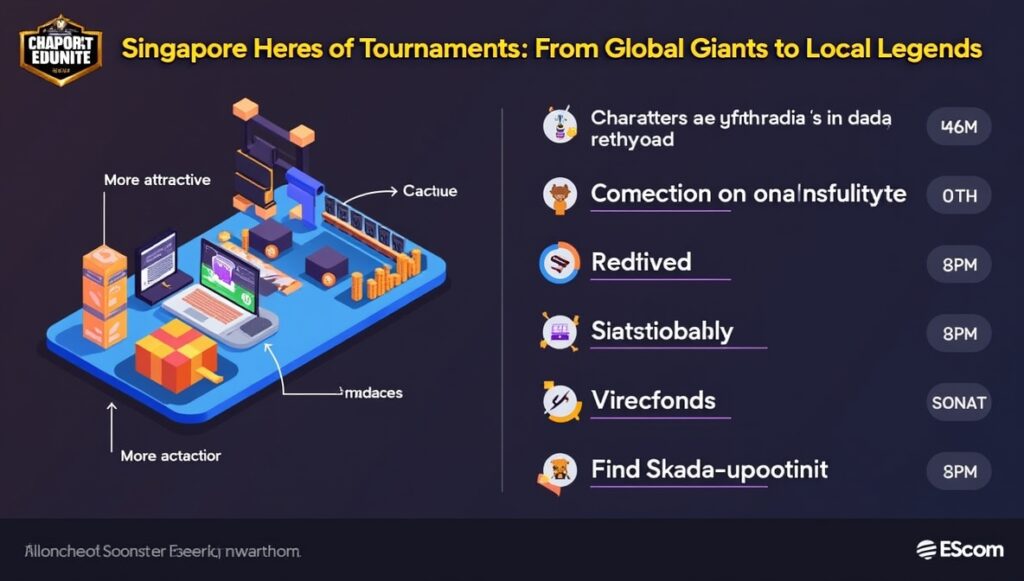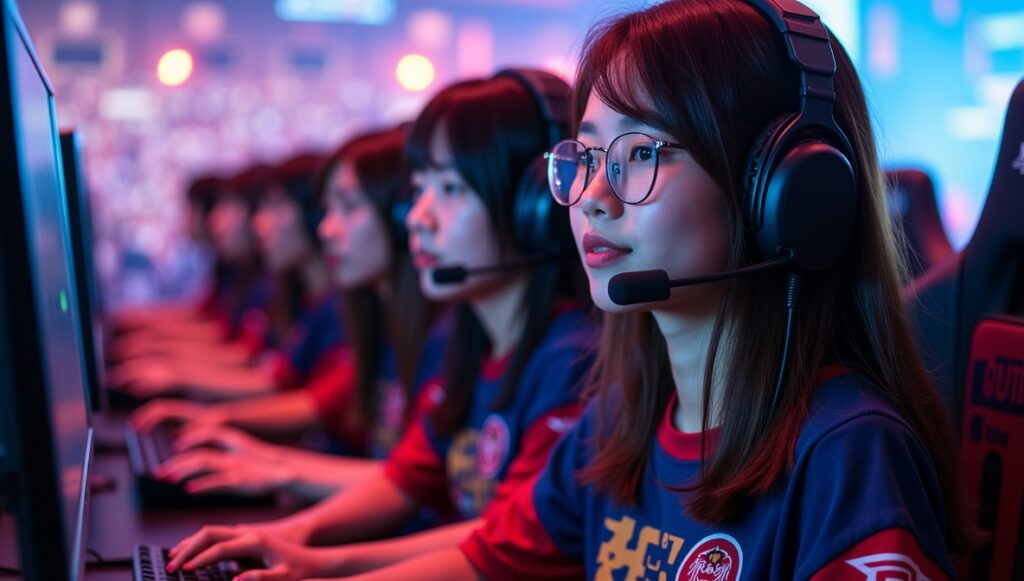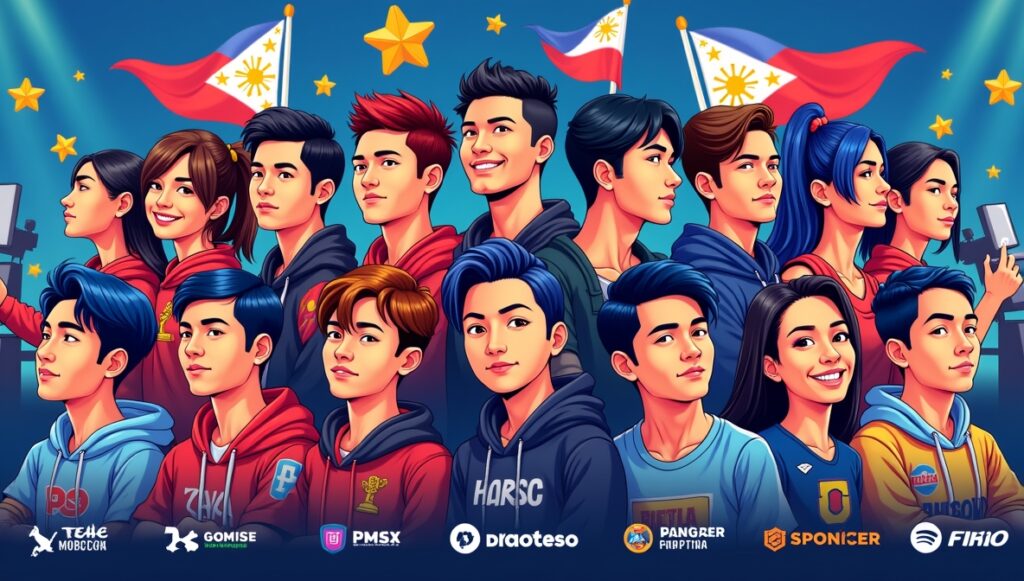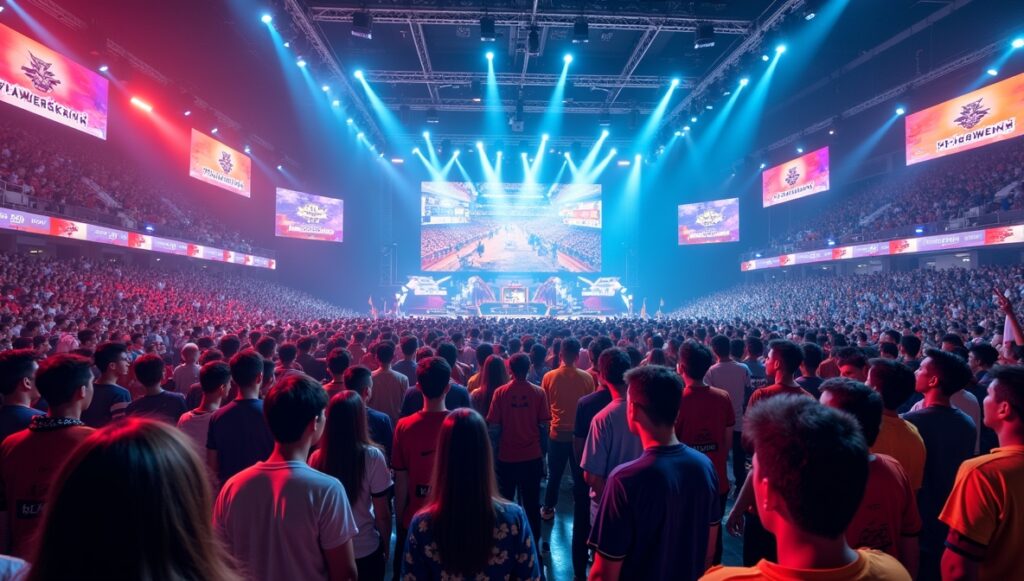Cheating in esports is a serious problem that affects the entire industry, much like finding out your favorite athlete used steroids after winning a gold medal. This issue threatens the fairness of games and damages the trust between players and fans. Imagine spending thousands of hours perfecting your skills, only to see others take shortcuts. Cheating, whether through hidden hacks or exploiting game mechanics, takes away the enjoyment and spirit of esports competitions. But there is hope! By understanding the problem and exploring strong solutions, we can work together to bring back the fairness and excitement that first attracted us to esports.
The Growing Problem of Cheating in Esports
Over the past few years, cheating in esports has risen to alarming levels. As the stakes have gotten higher with larger prize pools and more media coverage, the temptation to cheat has increased. This isn’t just about dishonesty; it’s about eroding the foundations of trust and excitement that esports thrive on. When players and fans suspect foul play, it diminishes the value of every win and sullies the experience for everyone involved. Cheating damages the reputation of esports, making it harder for genuine talent to shine and casting doubts on the legitimacy of results. Each scandal chips away at the trust and transparency that esports must maintain to grow.
Growth of Cheating Incidents in Esports
| Year | Reported Cheating Incidents | Notable Scandals | Impact on Prize Pool (in Millions USD) |
| 2018 | 85 | Fortnite World Cup | 3 |
| 2019 | 120 | CS: GO Major Tournament | 5 |
| 2020 | 200 | ESL One: Rio | 7 |
| 2021 | 250 | Valorant Champions | 10 |
| 2022 | 300 (Projected) | Multiple League Events | 15 |
Newzoo (for esports and gaming industry reports)
- The Esports Observer (covers various topics including cheating, scandals, and prize pools)
- Dexerto (frequent coverage of esports scandals and industry data)
- ESL Website
- Esports Integrity Commission
Types of Cheating in Esports
Cheating in esports can take many forms and changes as quickly as technology advances. Software cheats like hacks, aimbots, and wallhacks are the most notorious, allowing players to gain unfair advantages by seeing through walls or automating aiming. These programs undermine skill and effort, often going undetected until the damage is done.
- Hardware cheats involve modified controllers or devices that give players an edge via faster inputs or programmed actions. This kind of cheating is subtle but equally damaging, skirting the line of sportsmanship by leveraging technology in unsanctioned ways.
- Bug exploitation is another form of cheating where players take advantage of glitches or errors in the game software to gain an unfair advantage. While sometimes more difficult to prove intent, it still skews the level playing field esports aim to provide.
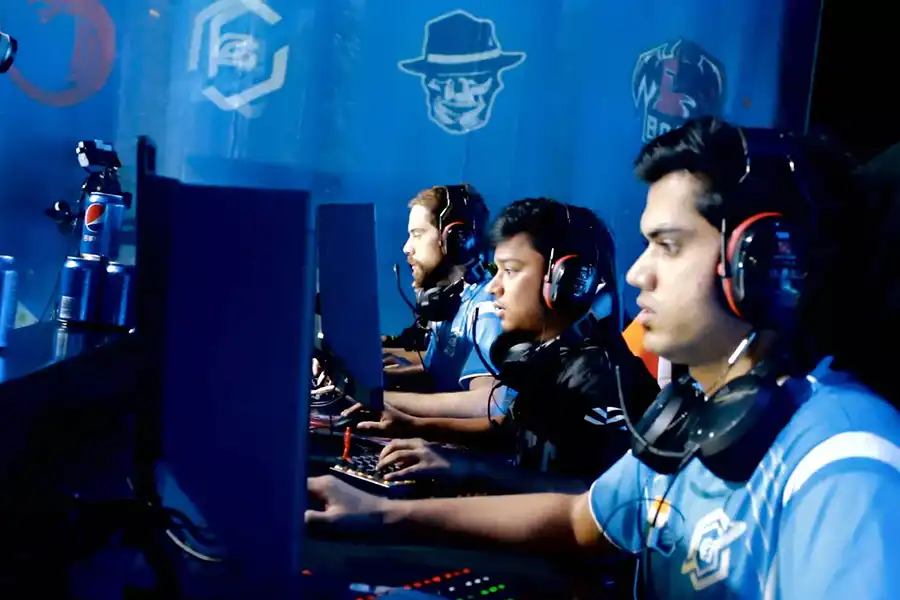
- Doping in esports, akin to traditional sports, involves the use of performance-enhancing substances to improve concentration and reaction times. While less discussed, this issue is growing, with gaming authorities increasingly scrutinizing the use of stimulants.
The Harmful Effects of Cheating
Cheating in esports has serious consequences. It harms the fairness of tournaments and raises doubts about the legitimacy of the outcomes. This makes it frustrating for players who compete honestly only to lose to a cheater.
Cheating creates a toxic atmosphere in the esports community. Trust is replaced by suspicion, making the excitement of competition fade. If cheating continues, it could lead to long-term problems like a loss of audience trust and interest, financial issues for sponsors and organizers, and a decline in the overall sustainability of the esports scene.
| Group | Psychological Effects | Estimated Impact (%) |
| Players | Frustration, Burnout, Disillusionment | 70% |
| Spectators | Erosion of Trust, Decreased Engagement, Loss of Interest | 60% |
Solutions and Countermeasures Against Cheating
Thankfully, the industry is not sitting idle. Anti-cheat technology is at the forefront of the battle, with developers creating sophisticated software to detect and prevent cheating. These technologies are crucial in maintaining the credibility of competitive gaming.
Next, regulatory measures by gaming organizations are essential. Establishing standardized rules and penalties for cheating discourages potential offenders. Regular checks and balances ensure that players adhere to fair play, preserving the sanctity of the sport.
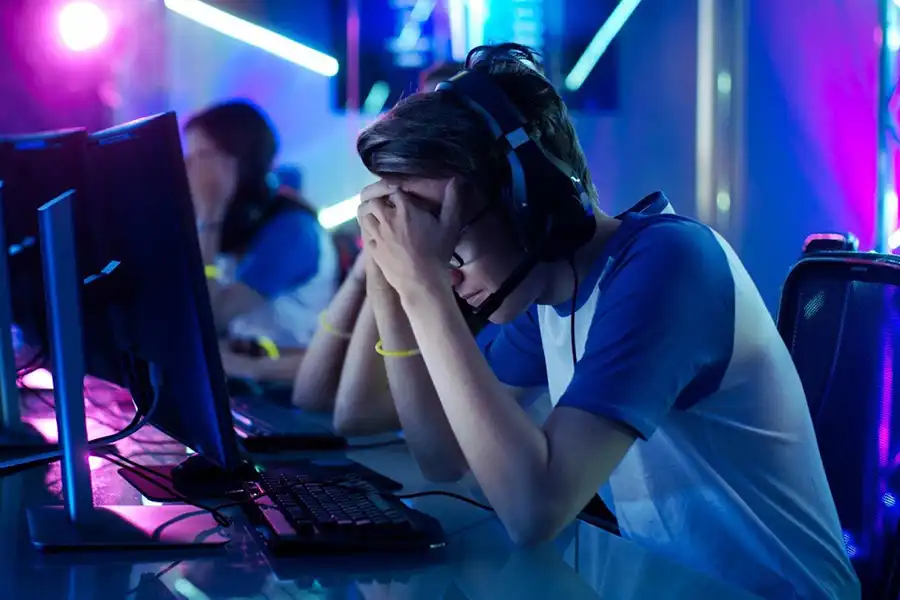
Community involvement is equally vital. Education and awareness can empower players to recognize, report, and reject cheating. By fostering a culture of respect and integrity, the community can collectively reinforce the values of esports.
Lastly, creating a level playing field involves an ongoing dialogue between developers, players, and fans to nurture an environment that prioritizes fairness and fun over winning at all costs. Together, we can build a future where esports returns to its purest form—where every victory is earned, and every player competes on equal footing.
Read More: Esports Casting 101
Understanding the Motivations Behind Cheating
The motivations behind cheating in esports are as varied as the individuals who engage in it. For many, the allure of prestige and financial reward from winning tournaments is a significant factor. With prize pools sometimes reaching millions of dollars, the stakes are high, creating intense pressure to perform. This pressure can push some players to seek unfair advantages, rationalizing their actions as necessary for survival or success in a fiercely competitive field.
Additionally, the anonymity provided by online platforms makes it easier for individuals to cheat without immediate social consequences. Unlike traditional sports, where physical presence and direct oversight deter cheating, esports often lack the same visibility, allowing for more subtle and concealed dishonest behavior.
Peer pressure and the desire for social recognition can also contribute to the problem. In highly competitive environments, the fear of falling behind can lead players to resort to unethical means. For younger players, especially, keeping up with peers can become an overwhelming motivation to cheat, even at the cost of long-term consequences.
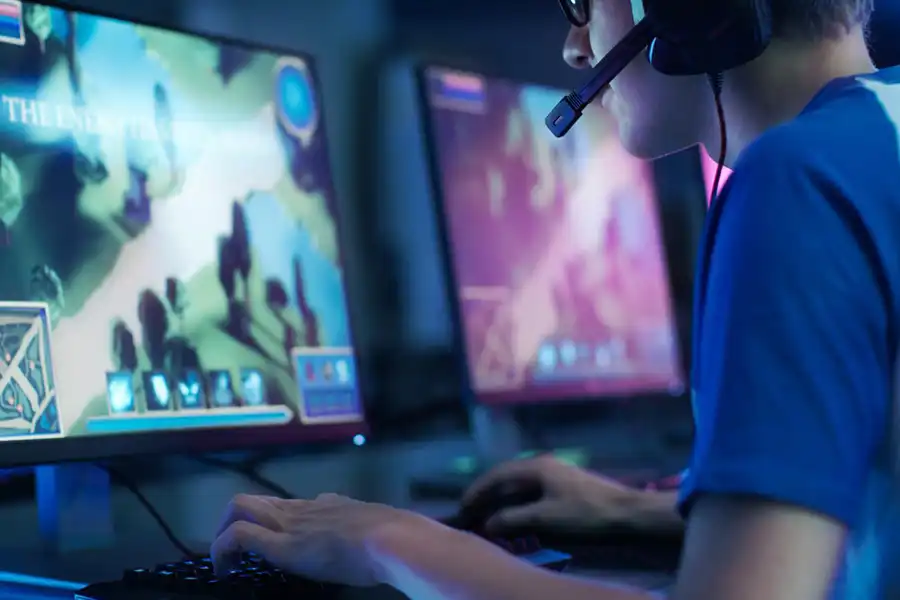
Advanced Technology in Cheating: A Double-Edged Sword
Technological advances have been both a boon and a bane for esports. On the one hand, they have enhanced the quality, accessibility, and reach of esports. On the other hand, the same technology provides tools for more sophisticated forms of cheating. Hackers constantly develop new software to bypass anti-cheat systems, creating a cat-and-mouse game with developers.
From machine learning algorithms that provide real-time aim assistance to bots that automate complex gameplay tasks, the arsenal available to cheaters is vast and ever-evolving. These tools can be purchased or downloaded easily, making them accessible to anyone willing to cheat.
Despite these challenges, technology also offers solutions. Real-time monitoring tools and AI-driven systems are being developed to detect anomalies in gameplay. These systems analyze data patterns to identify actions that deviate significantly from a player’s historical performance or the norm established by human capabilities.
Psychological Impact of Cheating on Players and Spectators
Cheating in esports takes a significant psychological toll on both players and spectators. For players, discovering that their skill and hard work are rendered moot by cheaters can lead to frustration and burnout. This demoralization can result in talented players leaving the scene out of disillusionment, depriving esports of fresh talent and diverse gameplay.
Spectators are not immune to these effects. Fans invest emotionally in teams and players, and the revelation of cheating can lead to a loss of faith in the sport’s integrity. This erosion of trust can result in a decline in viewership and engagement, threatening the financial viability of esports as a whole. To maintain the community’s trust, tournaments and leagues need to demonstrate transparency and vigilance in combating cheating.

Collaborative Efforts for a Cheater-Free Future
Addressing cheating in esports requires a multifaceted approach, integrating technological, educational, and community-based strategies. Collaborative efforts among developers, players, organizations, and fans are crucial in fostering an environment of integrity and fair play.
Developer and Publisher Initiatives
Game developers and publishers are the front line in tackling cheating. By investing in cutting-edge anti-cheat technologies and regularly updating them, they can close loopholes that cheaters exploit. Moreover, transparent communication with the community about these efforts can help build trust and demonstrate a commitment to fair play.
Community Engagement and Reporting
Players and fans should be encouraged to report suspicious activities. Creating a robust system for reporting cheats and rewarding community members for their vigilance can enhance monitoring efforts. Educational campaigns focusing on the consequences of cheating and the value of sportsmanship can shift perceptions and behaviors.
Institutional Support and Regulation
Esports organizations and governing bodies must implement stringent rules and guidelines to deter cheating. This includes setting standardized testing for performance-enhancing drugs and creating clear penalties for those caught cheating. Regular inspection and oversight would also ensure that tournaments meet high standards of fairness.
Developer and Organizational Responses to Cheating
| Initiative | Description | Adoption Rate (%) |
| Advanced Anti-Cheat Software | Increased investment in detection technology | 75% |
| Regular Audits and Monitoring | Standardized checks on tournament integrity | 60% |
| Community Reporting Systems | Systems for players and fans to report suspicious activities | 50% |
Read More: Top 10 times Esports players were caught cheating
Tournova Services Insight
Tournova is a mini-application within Telegram that promotes integrity and fair competition through transparency and community engagement. It allows users to host both free and cash tournaments with an innovative token economy. Players earn Tournova tokens by competing, which can be used for special tournaments, digital items, or auctions. With tools for game developers and integration with platforms like Discord, Tournova enhances the competitive experience while discouraging cheating and promoting fair play, aligning to maintain esports integrity.
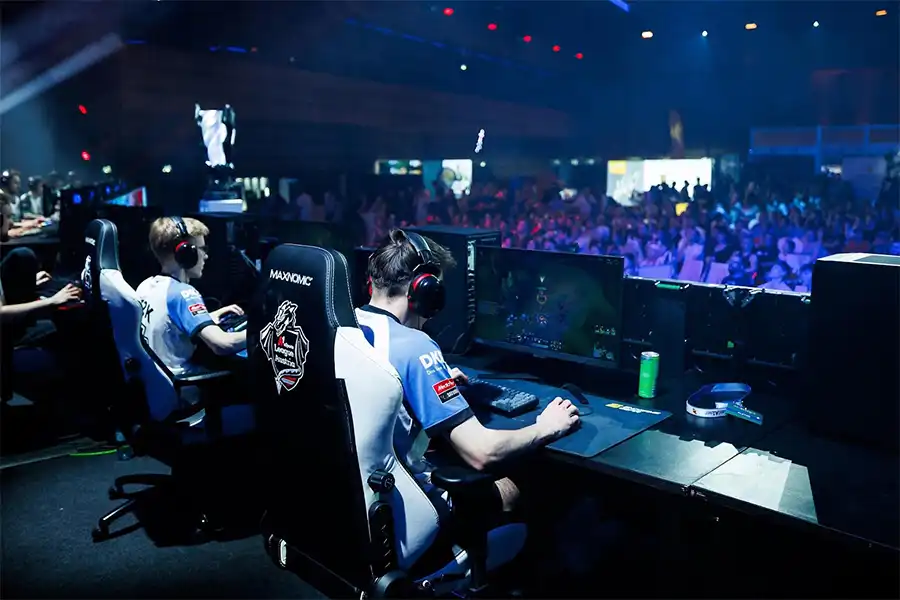
Conclusion
cheating in esports poses a significant threat to the integrity and growth of the industry, undermining the trust established among players, fans, and organizations. As the competitive landscape intensifies, driven by larger prize pools and increased visibility, the temptation to cheat has never been greater. This not only diminishes the value of genuine achievements but also creates a toxic environment where fair competition is questioned.
The various forms of cheating, from software hacks to hardware modifications, highlight the need for effective solutions. Advanced anti-cheat technologies, regulatory measures, and community-driven initiatives are essential in combatting these unethical practices. By fostering a culture of integrity and respect, we can restore the core values that attracted many to esports in the first place. As technology evolves, so too must our strategies to ensure fairness in gaming. This ongoing battle demands collaboration across all stakeholders, including developers, players, and fans, to create a transparent and accountable environment. Together, we can strive for a future where every victory in esports is genuinely earned, ensuring that this vibrant community continues to thrive while honoring the spirit of competition.
FAQ
How do developers detect software cheats in esports games?
Developers use advanced algorithms to monitor gameplay patterns and identify irregularities typical of cheating behavior, such as impossible reaction times or suspicious moves.
Is doping common in esports, and how is it tested?
While not as prevalent as in traditional sports, doping in esports is a concern. Players may be subjected to drug tests during major tournaments to ensure competition integrity.
Can spectating affect cheating detection in esports?
Yes, spectators and fans play a crucial role in identifying cheating. Their reports and footage from matches can help uncover suspicious activities that automated systems might miss.
